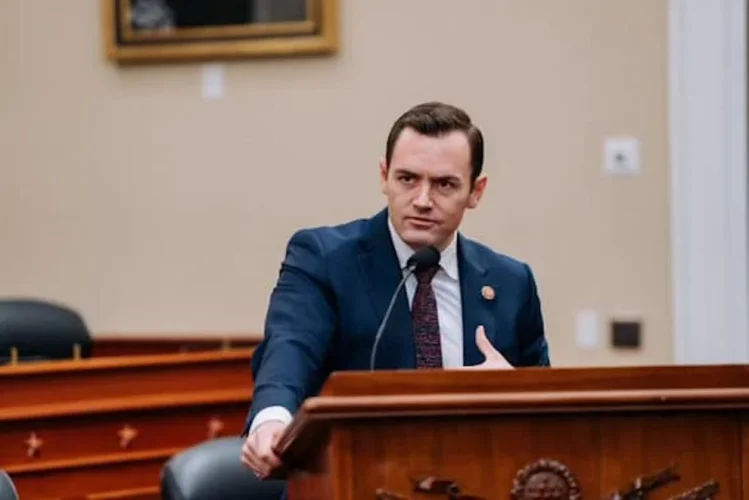(The Center Square) – Republicans’ advantage in the U.S. House of Representatives will be only 217-213 after April 19, following Friday’s decision by U.S. Rep. Mike Gallagher to resign.
The resignation means no more than one Republican can cross the aisle on party-line votes.
Wisconsin’s 8th Congressional District representative, just 31 when he first won his seat in November 2016, had already said he would not seek a fifth term this election cycle. The timing is such that, by state law, his successor will come during the general election Nov. 5.
That contest, in a strong Republican area, matches state Sen. Andre Jacque, R-De Pere, and former Democratic state Sen. Roger Roth.
In a statement, Gallagher said, “Four terms serving Northeast Wisconsin in Congress has been the honor of a lifetime and strengthened my conviction that America is the greatest country in the history of the world.”
Gallagher was a Marine intelligence officer from 2006-13, twice deployed to Iraq.
Gallagher’s statement gave no specific reason to leave earlier than planned. He said he had consulted with House Speaker Mike Johnson, R-La., on the timing.
Gallagher, 40, did not vote to impeach Homeland Security Secretary Alejandro Mayorkas. He has differences with former President Donald Trump and the base of support behind him.
Pivotal in leadership for actions involving China, Gallagher is the chairman of the Select Committee on Strategic Competition Between the United States and the Chinese Communist Party. He is also chairman of the Armed Services Subcommittee on Cyber, Information Technologies, and Innovation in the House. He’s a member of the Permanent Select Committee on Intelligence.
Gallagher’s elections were landslides. His most recent was a 72.2%-15.8% win over independent Paul Boucher. In 2020, it was 64.2%-35.8% over Democrat Amanda Stuck; in 2018, 63.7%-36.3% over Democrat Beau Liegeois; and 2016, 62.7%-37.3% over Democrat Tom Nelson.
He did his undergraduate work at Princeton and earned a master’s from both National Intelligence University and Georgetown. He earned his doctorate in government and international relations in 2015.

